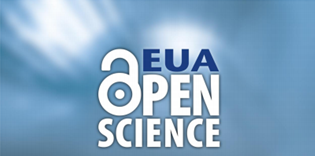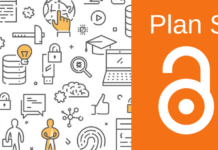The European University Association (EUA) came up with a new roadmap to assist European universities’ transition towards Open Access (OA). This OA roadmap, which sets the future direction of OA in European universities, is based on the EUA’s expert group agreement on Science 2.0 initiative, the EUA said.
The EUA’s new roadmap primarily focuses on open access to research publications; its prime focus’ areas are open access to research data, copyright, data protection, and text and data mining. The EUA plans to implement its roadmap in consultation with major stakeholders: universities, publishers, and funding agencies. According to the EUA, technological advancements ushered in a new era of scholarly publishing, dissemination, and consumption, which requires a change in the classical publishing model. The time is ripe for publishers to embrace new realities: publishing or accommodating open access. In this regard, the EUA is determined to facilitate a fair and transparent platform that serves all players.
In its effort to implement the roadmap, the EUA set its priority areas. In the coming twelve months, it has plans to monitor institutional OA policies and map the European Union’s OA landscape. It will also facilitate a platform for institutions’ dialogue, aimed at ‘sharing good practices of “big deal” negotiations. These ‘big deal’, or bundle, negotiations help universities get better journal subscription fees deals with publishers. With the bundle negotiations, both universities and publishers get a chance to make a good deal: publishers sell their highly demanded journals along with low demanded journals in the same package, for a reasonable price for universities.
Moreover, the association hopes to engage in a dialogue with other pertinent stakeholders in the field. It will also support the development of European OA policies and infrastructures. The implementation of the roadmap, primarily in public universities, requires the support of politicians. That’s why the EUA has put a plan in place to engage politicians for ‘a fair, balanced and innovative publishing system’. This process of engagement might take different forms: seminars, dialogues and symposiums to create awareness of open access.
The EUA’s decision is a big boost for open access. Its roadmap has the potential to accelerate the move towards a fully open access world, while, at the same time, sends an unequivocal message to publishers who still favor the status quo. Moreover, it can be a triggering factor that other university associations (in America, Asia, and Africa) will reproduce.
Source:
http://www.eua.be/Libraries/publications-homepage-list/eua-roadmap-on-open-access-to-research-publications.pdf?sfvrsn=4








